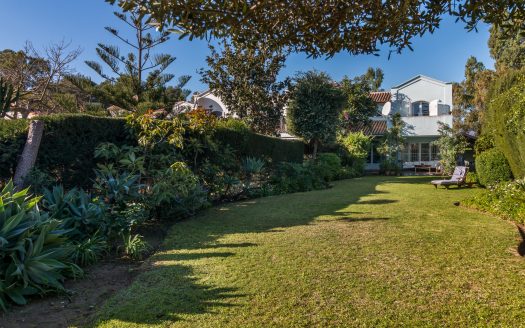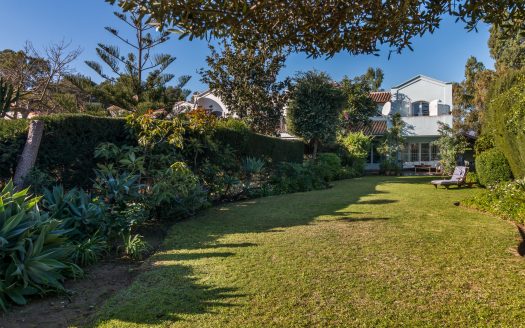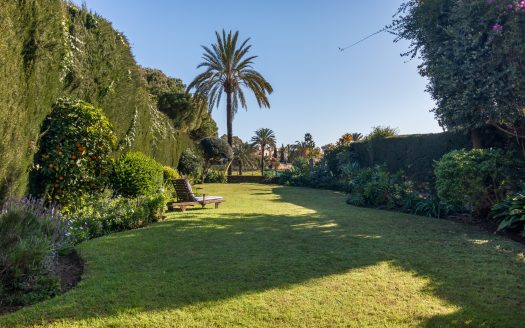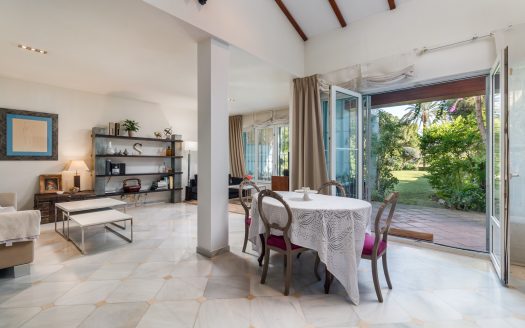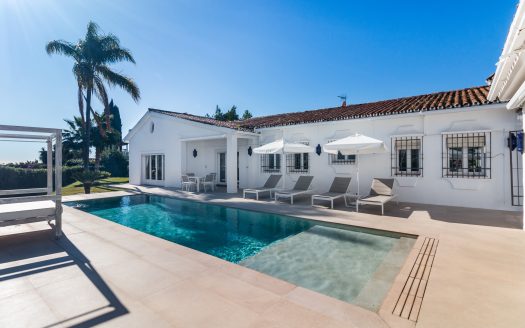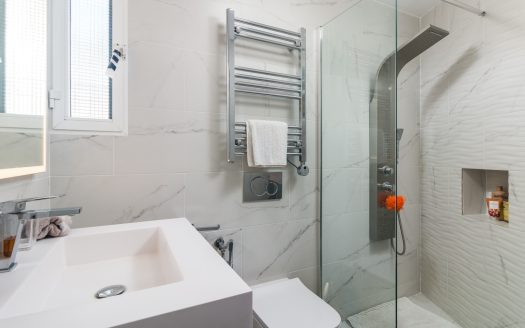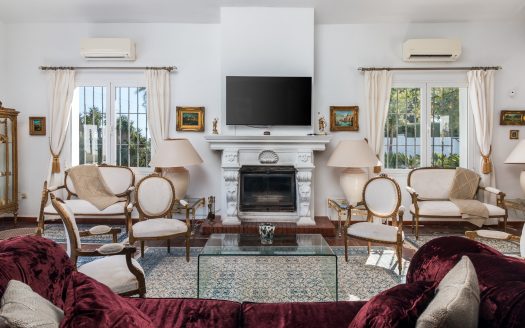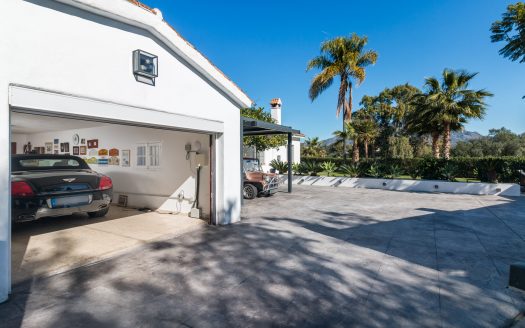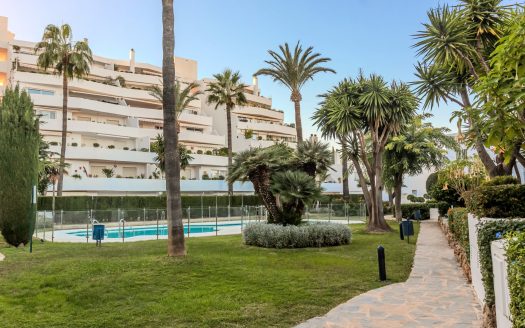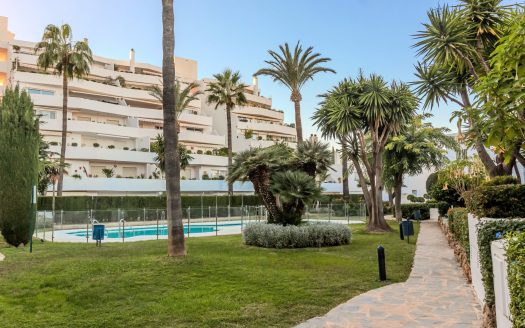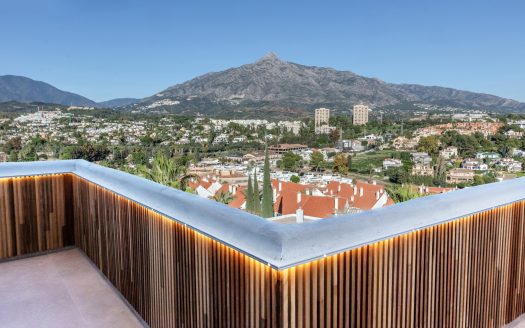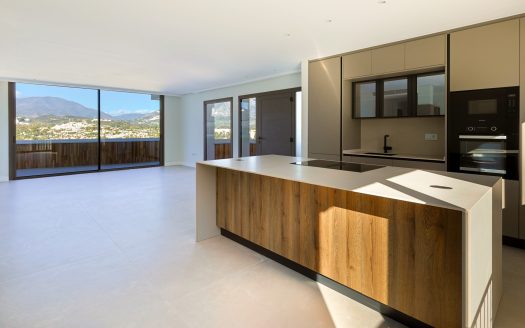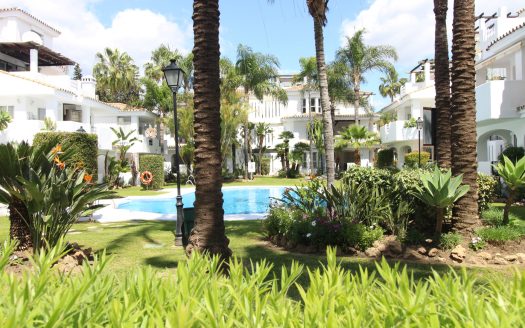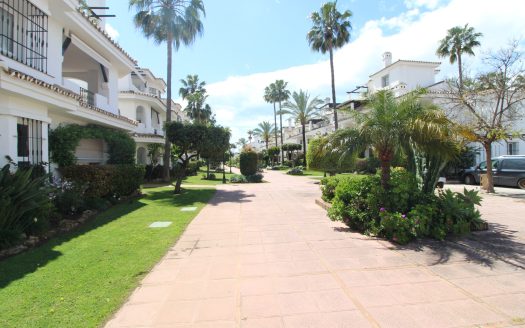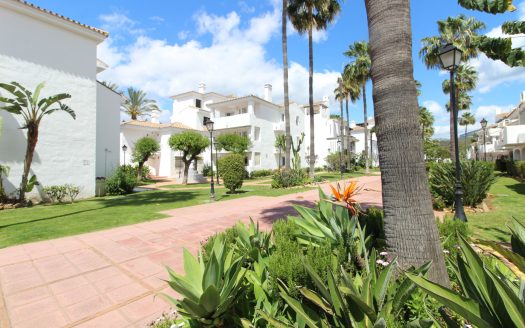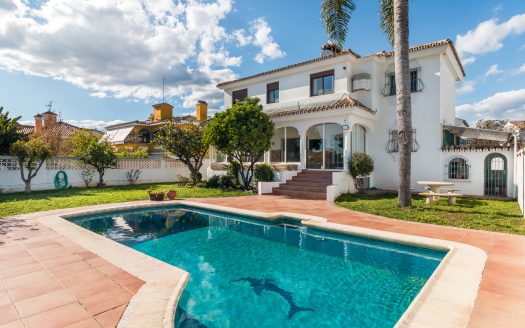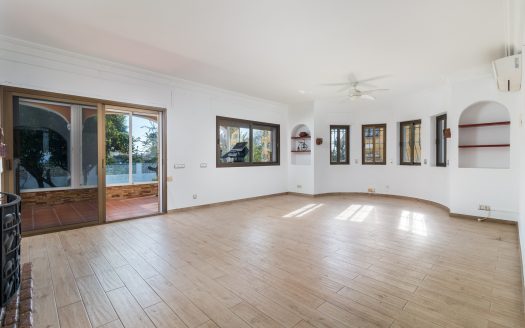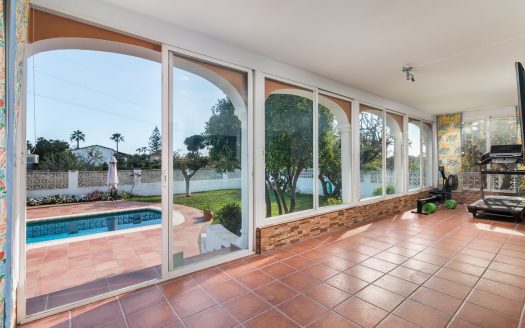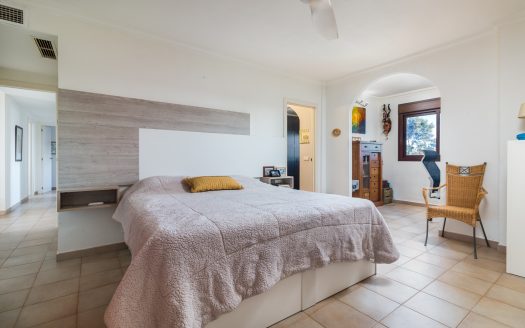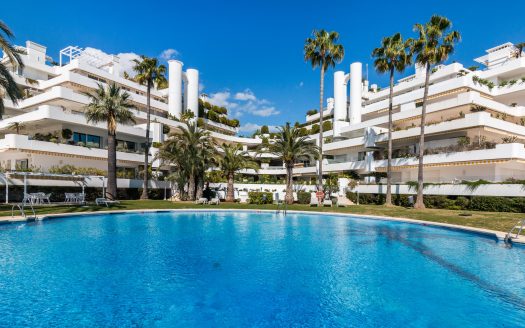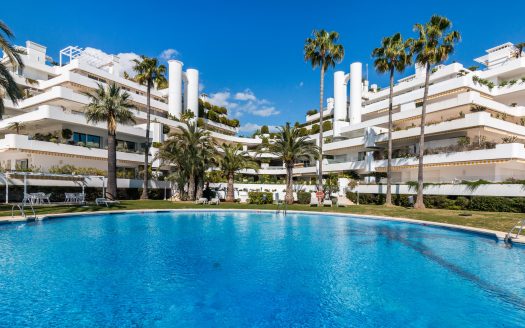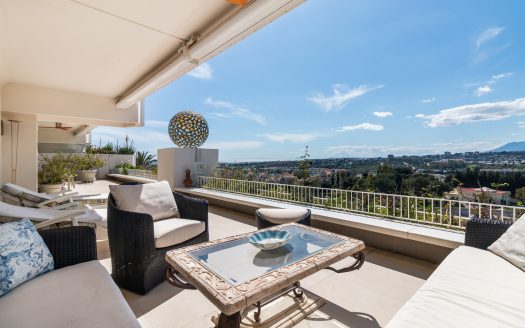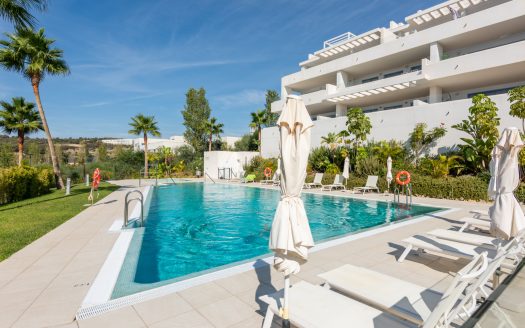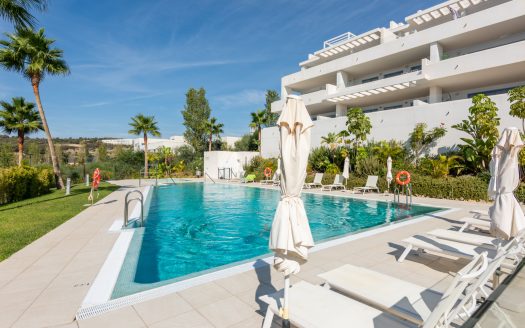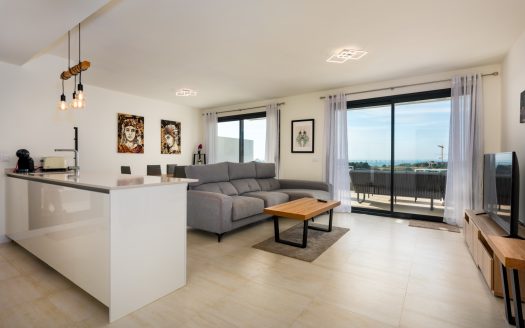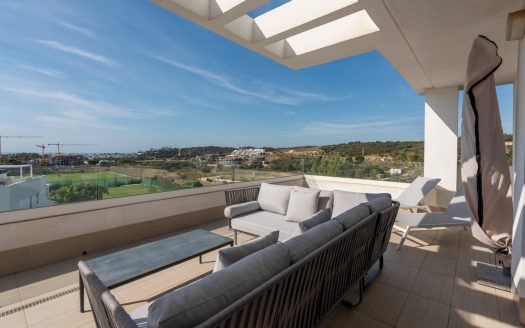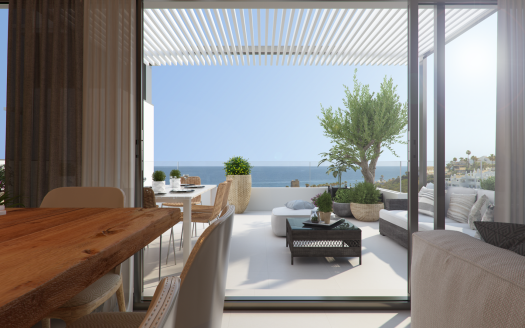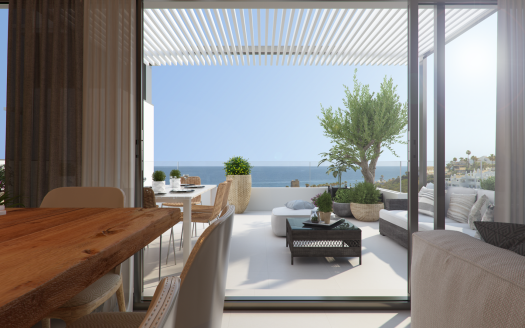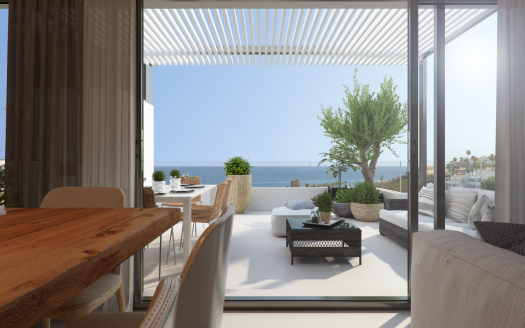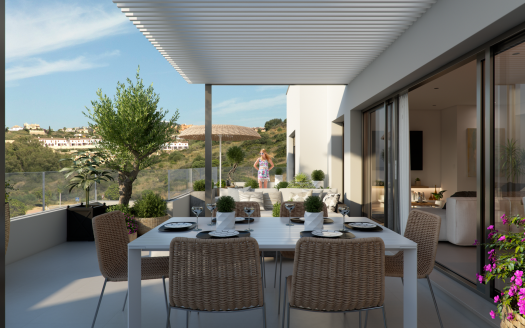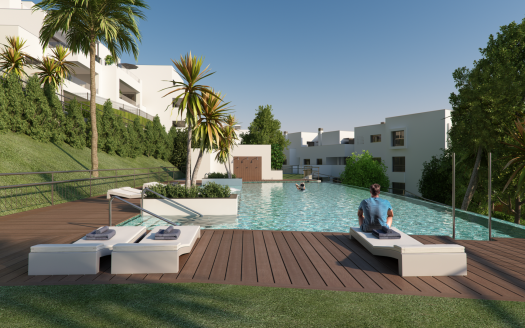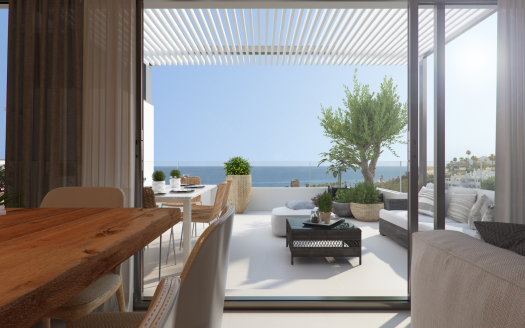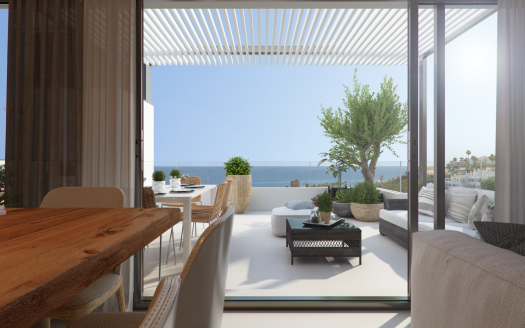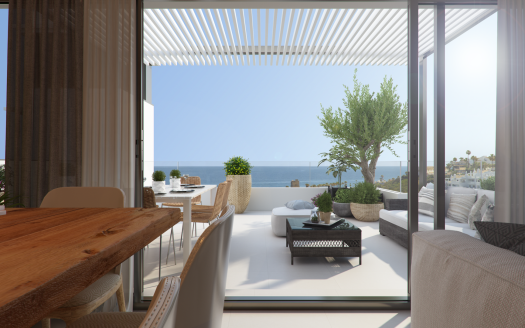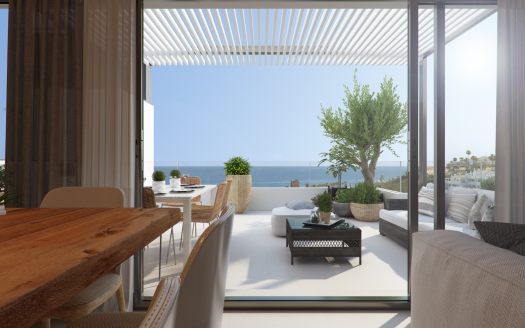Propiedades en Venta en la Costa del Sol
Bienvenido a nuestra página de búsqueda avanzada de propiedades, diseñada para ayudarte a encontrar tu hogar ideal en las exclusivas zonas de la Costa del Sol. Si buscas propiedades en Marbella, Estepona, Nueva Andalucía, Benahavís, o cualquiera de las encantadoras localidades de esta región, estás en el lugar indicado.
La Costa del Sol es conocida por su clima soleado durante todo el año, impresionantes playas, campos de golf de clase mundial y un estilo de vida que combina lujo, tranquilidad y comodidad. Ya sea que estés buscando una villa moderna con vistas al mar, un apartamento en el corazón de Marbella o una acogedora casa de campo en Benahavís, nuestra herramienta de búsqueda avanzada te permitirá filtrar entre cientos de propiedades según tus necesidades y preferencias.
Podrás ajustar tu búsqueda seleccionando criterios como el tipo de propiedad, el número de habitaciones, el presupuesto, las vistas, e incluso características específicas como piscina privada, jardines amplios o proximidad al campo de golf. Nos hemos asegurado de que nuestra plataforma sea intuitiva y completa para garantizar que encuentres exactamente lo que buscas.
Explora nuestras opciones y descubre propiedades que van desde apartamentos modernos y acogedores hasta lujosas mansiones diseñadas para el estilo de vida más exigente. La Costa del Sol tiene algo para todos, y estamos aquí para ayudarte en cada paso del camino.
¡Empieza tu búsqueda hoy mismo y encuentra la propiedad de tus sueños en uno de los destinos más deseados de Europa!




